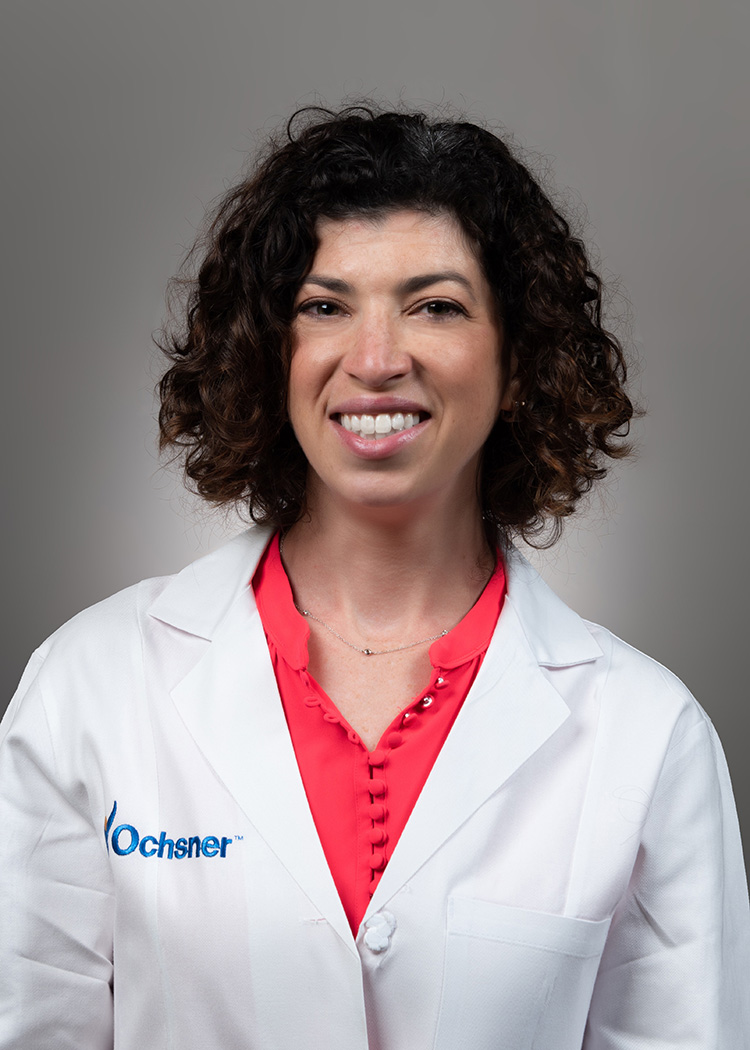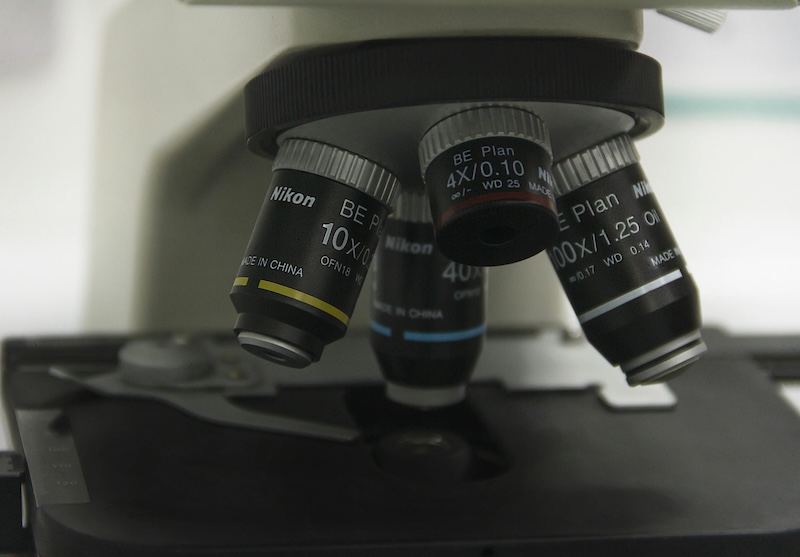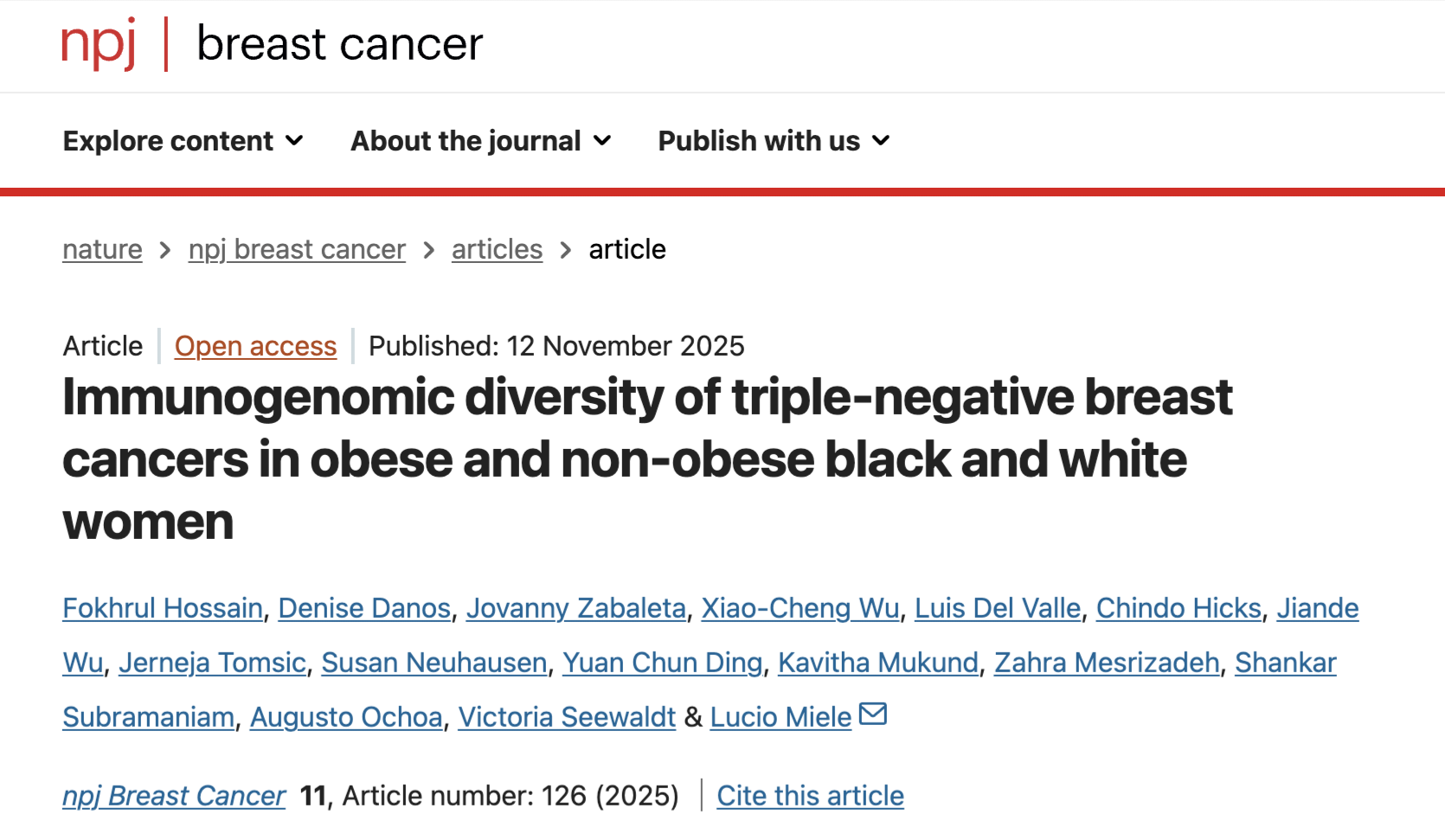
Researching Breast Cancer in Younger Women
The rate of cancer among young people is on the rise. In fact, research shows that some women diagnosed with breast cancer under the age of 40 tend to have more aggressive cancers with less favorable outcomes.

Dr. Melanie Sheen, an oncologist at Ochsner Health, a partner institution of the Louisiana Cancer Research Center, is analyzing a database of younger Ochsner patients in an effort to prevent that.
According to Dr. Sheen, the database includes at least 10 years of information and is growing every year. “We are looking at all of this data and asking: are we seeing abnormal genetic mutations? Are we seeing an increase in specific mutations? Are we seeing obesity increasing their breast cancer? Or maybe there are certain zip codes where we see higher risks of breast cancer. The idea is to learn from these young patients so that we can intervene through early detection and save lives,” she said.
Dr. Sheen’s analysis, entitled, Prevalence of Germline Mutations among Young Women with Breast Cancer in Louisiana by Cancer Subtype and Race, was published in the October 2025 issue of Southern Medical Journal and found that pathogenic germline mutations and variants of undetermined significance were more common in Black patients. The presence of pathogenic germline mutations was statistically significant for triple-negative breast cancer. The variants of undetermined significance were twice as high in African American patients compared to White patients.
“Pathogenic mutations are a very specific gene mutation that can increase the risk of a specific kind of cancer. Variants of unknown significance are mutations that have not been shown to increase the risk of any cancer, but this could change in the future with more data collection and knowledge,” Dr. Sheen explained.
The research team’s next step is to go back to the data to evaluate the impact of geographic areas with limited resources, such as education, housing, job security, and income, to determine whether there is a connection to high rates of breast cancer. “If we're seeing higher rates of more aggressive breast cancer in certain areas of the state, we may be able to intervene in some way, through early screenings, or by talking to OBGYN and primary care doctors in those communities to encourage younger patients to know their family history,” Dr. Sheen said.




